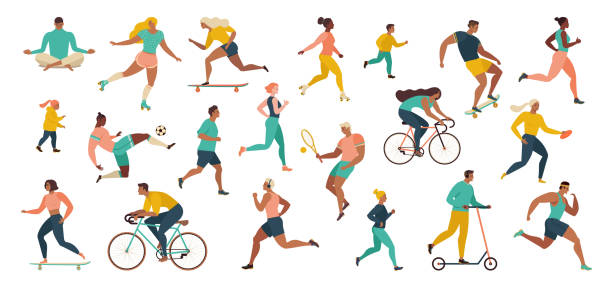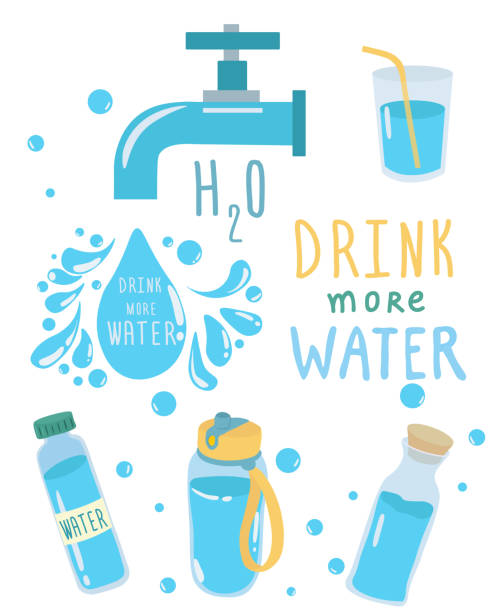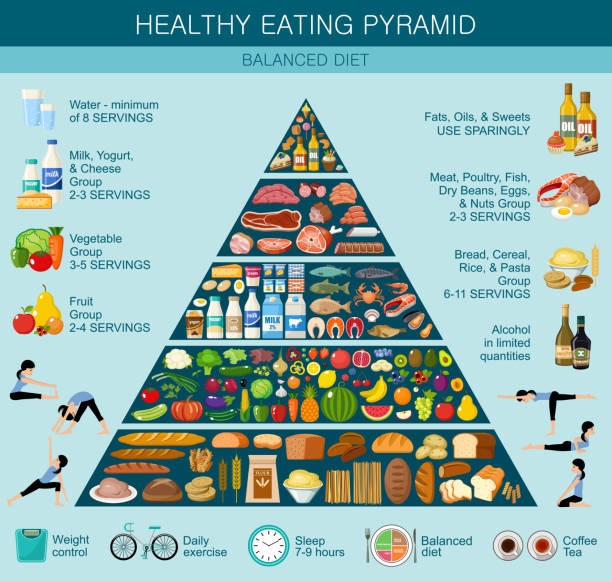If you are a woman who wants to improve your health and well-being, eating a balanced and nutritious diet is one of the best things you can do. Here are 10 tips that can help you make your diet healthier and more enjoyable.

1. Eat more vegetables and fruits. They are rich in vitamins, minerals, antioxidants, and fiber, which can lower your risk of chronic diseases, improve your digestion, and keep you feeling full longer. Aim for at least five servings of different colors and varieties per day.
2. Get enough calcium and iron. These two minerals are especially important for women's health, as they support bone health and prevent anemia. Good sources of calcium include dairy products, fortified plant milks, leafy greens, nuts, seeds, and tofu. Good sources of iron include meat, poultry, fish, eggs, legumes, dried fruits, and dark chocolate.
3. Choose whole grains over refined carbs. Whole grains contain more fiber and nutrients than refined carbs, which are stripped of their bran and germ during processing. Whole grains can help regulate your blood sugar levels, lower your cholesterol, and prevent overeating. Examples of whole grains include oats, brown rice, quinoa, buckwheat, and barley.
4. Include lean protein in every meal. Protein is essential for building and repairing your muscles, skin, hair, and nails. It also helps you feel satisfied and prevents muscle loss as you age. Lean protein sources include poultry, fish, eggs, dairy products, soy products, legumes, nuts, and seeds.

5. Drink plenty of water. Water is vital for every cell and function in your body. It helps flush out toxins, transport nutrients, regulate your body temperature, and prevent dehydration. Drinking water can also boost your metabolism and curb your appetite. Aim for at least eight glasses of water per day, or more if you exercise or live in a hot climate.
6. Limit alcohol and caffeine intake. While moderate amounts of alcohol and caffeine may have some health benefits, too much can have negative effects on your mood, sleep quality, blood pressure, liver health, and weight. Try to limit your alcohol intake to no more than one drink per day for women (two for men), and your caffeine intake to no more than 400 mg per day (about four cups of coffee).
7. Eat to ease the symptoms of PMS. Premenstrual syndrome (PMS) can cause physical and emotional discomfort for many women in the days before their period. To ease the symptoms of PMS, try eating more complex carbohydrates (such as whole grains), lean protein (such as fish), and healthy fats (such as olive oil). These foods can help balance your hormones and reduce inflammation.
8. Follow a regular exercise routine. Exercise is not only good for your physical health but also for your mental health. It can improve your mood, energy levels, self-esteem, memory, and cognitive function. It can also help you maintain a healthy weight and prevent various diseases. Aim for at least 150 minutes of moderate-intensity aerobic exercise (such as brisk walking) or 75 minutes of vigorous-intensity aerobic exercise (such as running) per week.

9. Practice stress management techniques. Stress can have a negative impact on your health and well-being by increasing your cortisol levels (a hormone that promotes fat storage), impairing your immune system (making you more prone to infections), and affecting your mood (causing anxiety or depression). To cope with stress effectively,
try practicing yoga,
breathing exercises,
or other relaxation techniques.
10. Protect yourself from sun damage. The sun's ultraviolet (UV) rays can cause premature aging,
wrinkles,
sagging skin,
and skin cancer.
To protect yourself from sun damage,
wear sunscreen with at least SPF 30 every day,
avoid sun exposure between 10 a.m.
and 4 p.m.,
wear sunglasses,
a hat,
and protective clothing when outdoors,
and seek shade whenever possible.



















